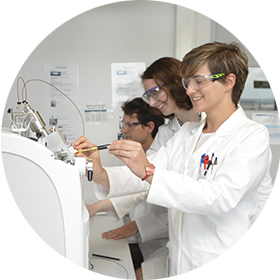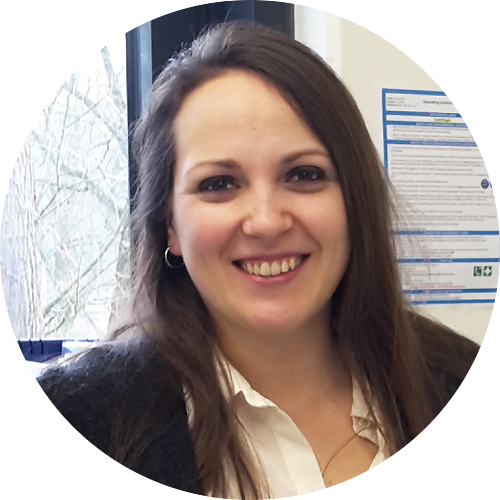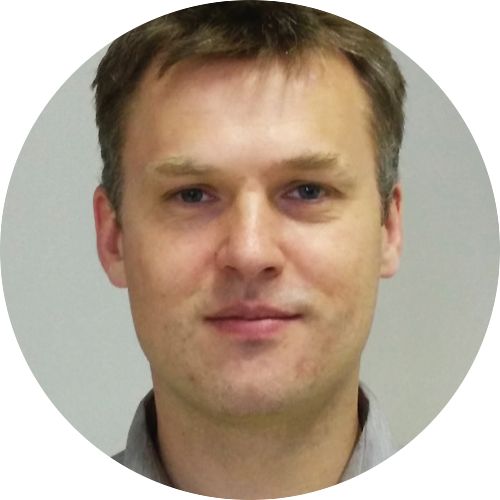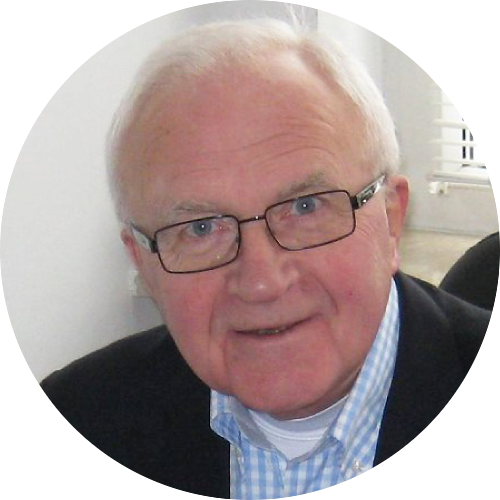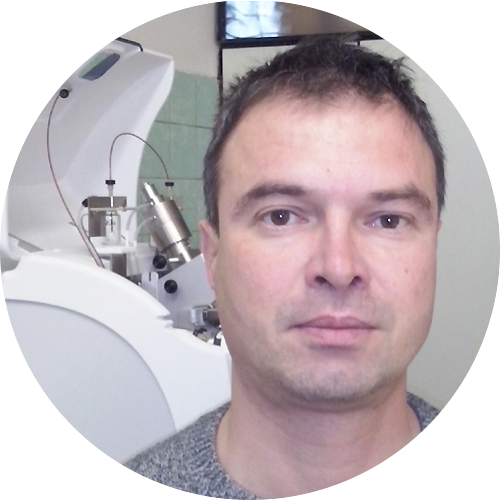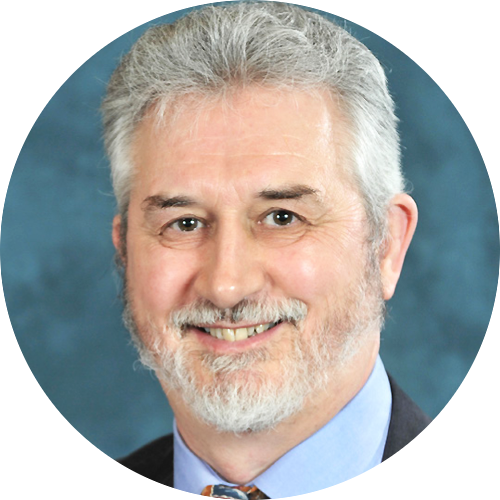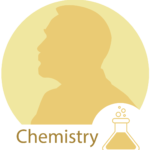
2021 Nobel Prize in Chemistry Recipient
October 6, 2021: The Royal Swedish Academy of Sciences has decided to award the Nobel Prize in Chemistry 2021 to:
- Benjamin List • Max-Planck-Institut für Kohlenforschung, Mülheim an der Ruhr, Germany
- David W.C. MacMillan • Princeton University, USA
“for the development of asymmetric organocatalysis”
Building molecules is a difficult art. Benjamin List and David MacMillan are awarded the Nobel Prize in Chemistry 2021 for their development of a precise new tool for molecular construction: organocatalysis. This has had a great impact on pharmaceutical research, and has made chemistry greener.
Benjamin List, a true leader in chemistry, is an exceptional user of the expression® Compact Mass Spectrometer in the List Research Group. Read his full interview featuring the Nobel Prize announcement here.
Q: WHAT IS THE FOCUS OF YOUR LAB’S RESEARCH?
A: Our group focuses on the development of new catalysis concepts within the areas of organocatalysis, transition metal catalysis, and, to some extent, biocatalysis. Since 1999, our group concentrates on enantioselective organocatalysis as a fundamental approach complementing biocatalysis and transition metal catalysis. We have a profound interest in developing “new reactions”, designing and identifying new principles for the development of organocatalysts, expanding the scope of already developed catalysts, using organocatalysis in the synthesis of natural products and pharmaceuticals, and also investigating the mechanism by which organocatalysts activate their substrates. Furthermore, in 2005 our group has first conceptualized another approach to asymmetric catalysis, namely asymmetric counteranion directed catalysis (ACDC). This idea has not only progressed within the department but also at other institutions around the globe into a general strategy for asymmetric synthesis applied in organocatalysis as well as in transition metal catalysis and Lewis acid catalysis.
Q: WHATE WAS YOUR PREVIOUS WORK FLOW OR CHALLENGE?
A: The design and development of new asymmetric catalysts usually requires finding novel synthesis routes. Real-time characterization of the desired products and side products in the synthesis of new catalysts and precursors as well as in the exploration of novel reactions is thus very important with regard to saving time and costs.
Q: WHY DID YOU INCORPORATE THE EXPRESSION® CMS INTO YOUR LABORATORY?
A: We wanted an analytical method that allows a rapid characterization of reaction products combined with the lowest effort of sample preparation. The expression® Compact Mass Spectrometer coupled with Plate Expres® is the method of choice to provide reliable mass data directly from TLC plates and ASAP® (Atmospheric Solids Analysis Probe) allows for direct analysis from solutions and solid substances without any sample preparation. In addition, the easy and fast possibility of changing the ion sources between ESI and APCI gives us a wide range of options to characterize our analytes from non-polar to very polar compounds in both positive and negative mode simultaneously.
Q: TO WHOM WOULD YOU RECOMMEND THE EXPRESSION® CMS?
A: We recommend the expression® Compact Mass Spectrometer coupled with Plate Express® to any group with a focus on organic synthesis for usage as a routine tool to monitor chemical reactions.

